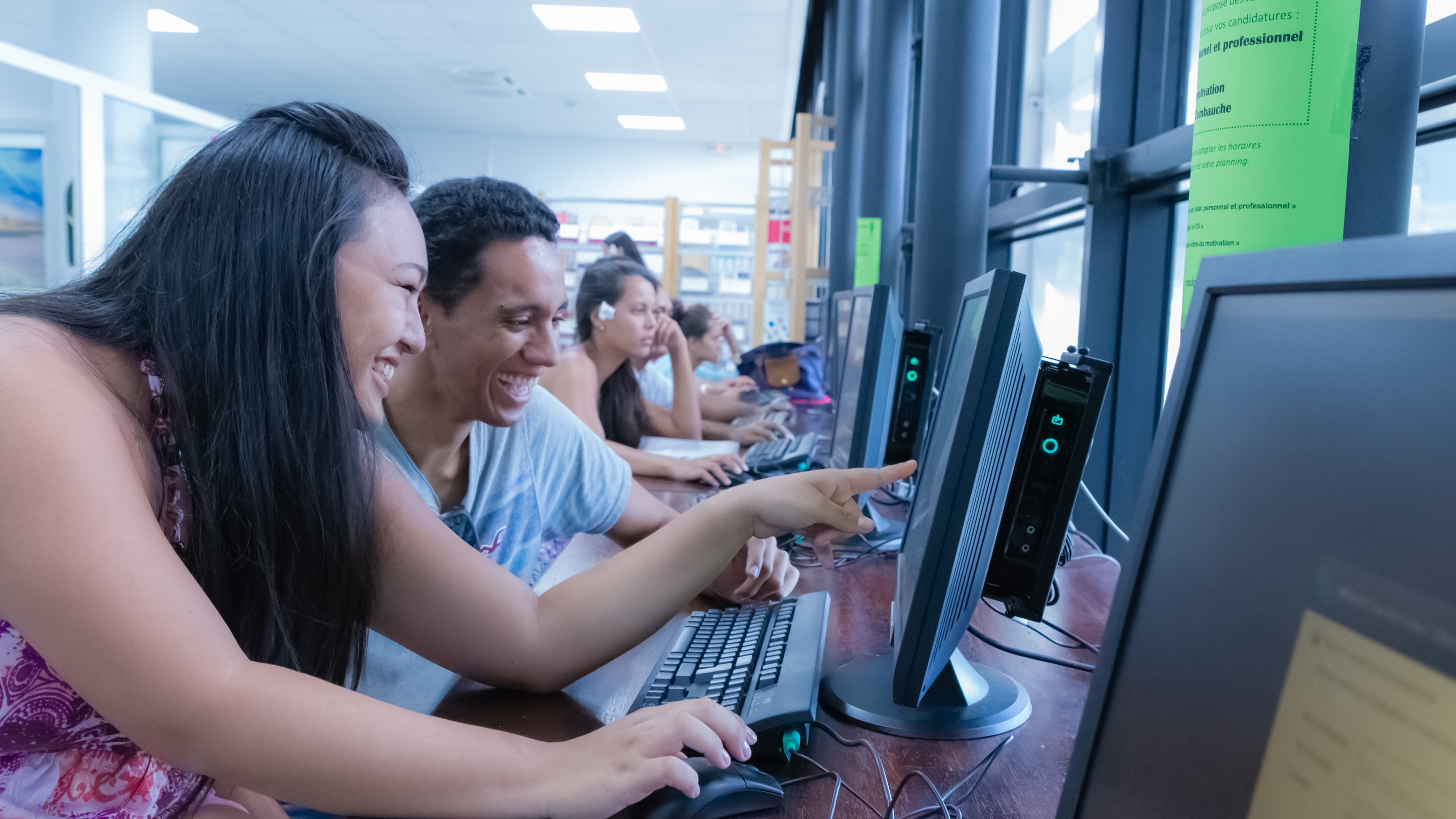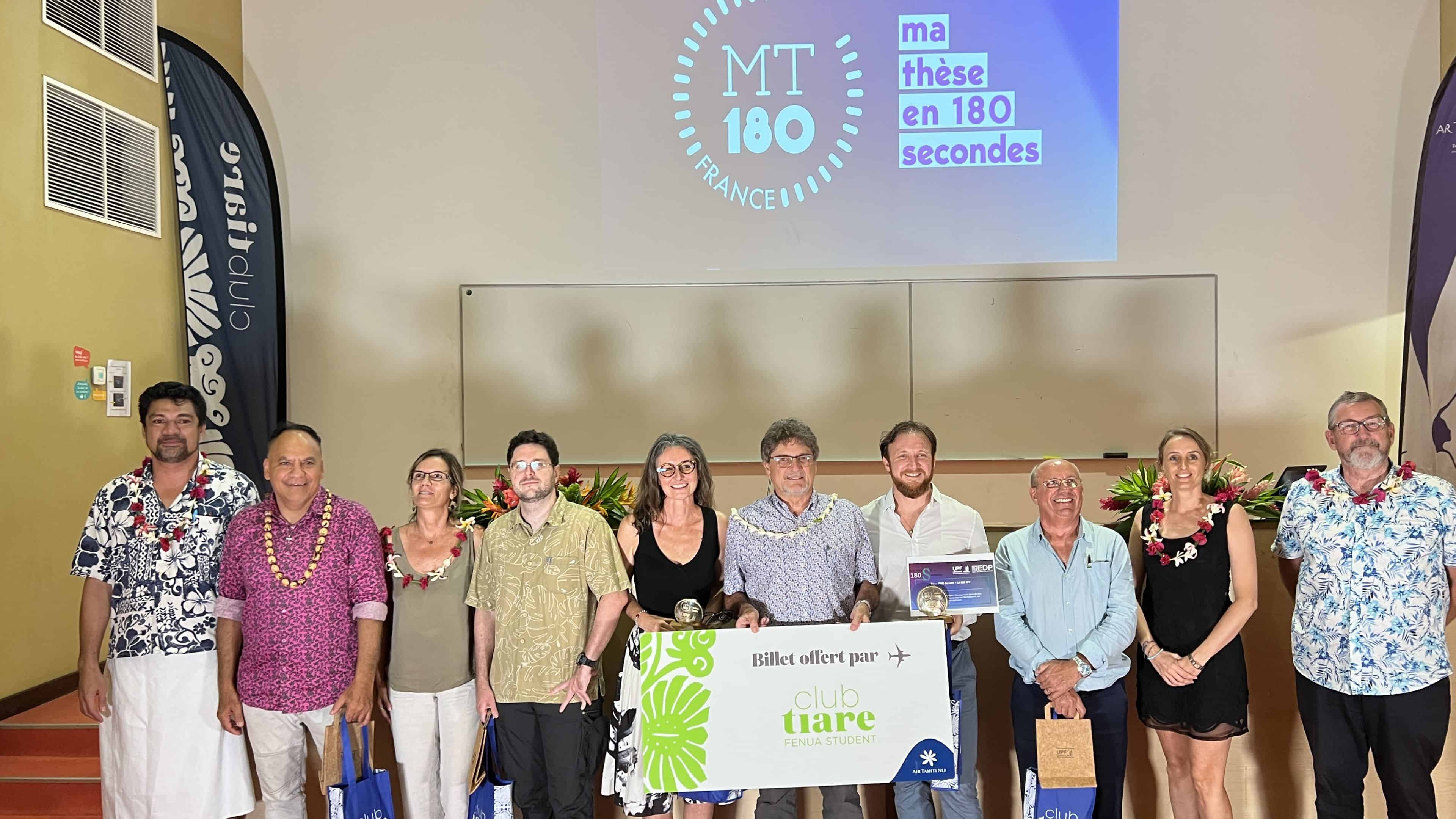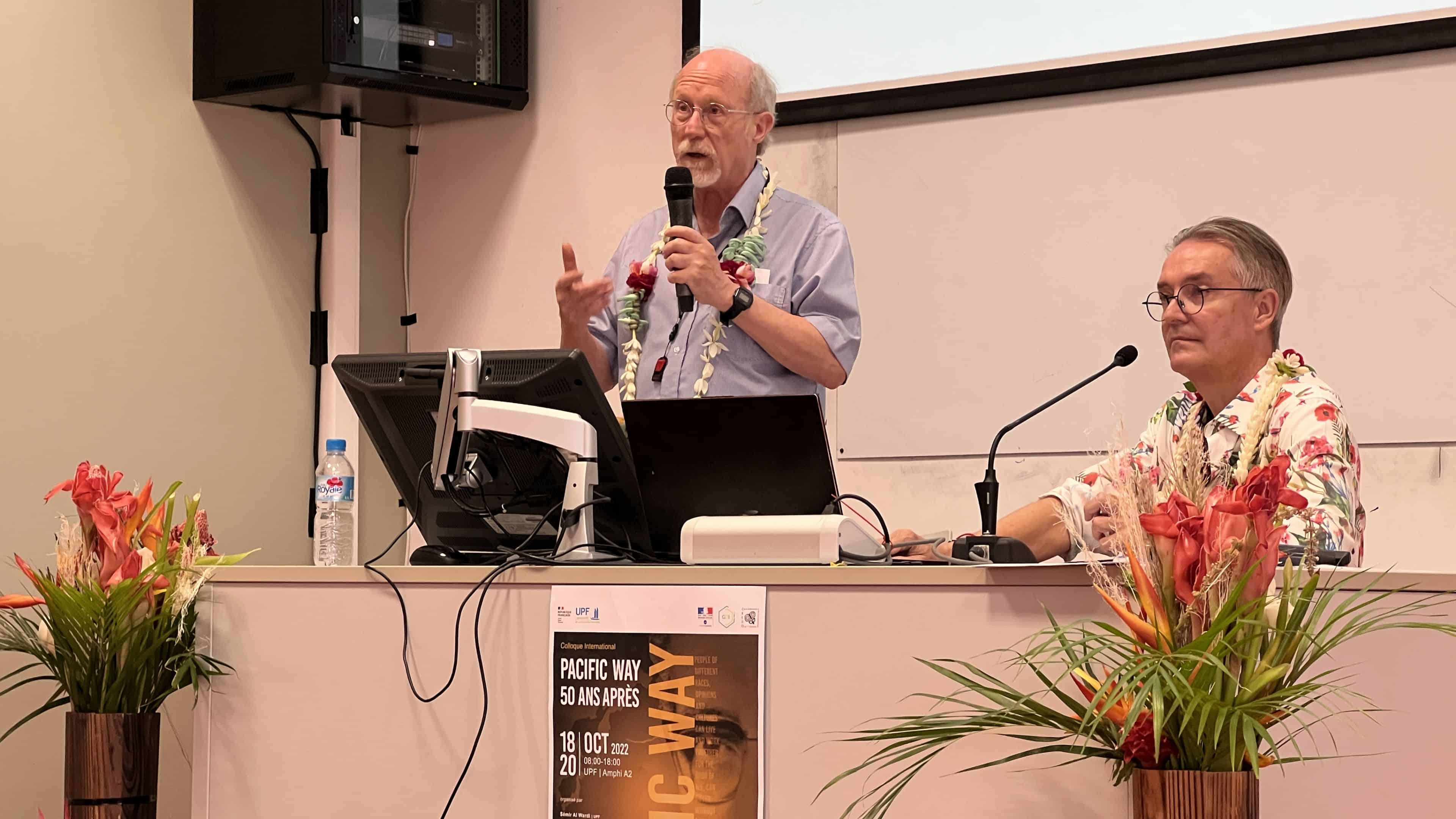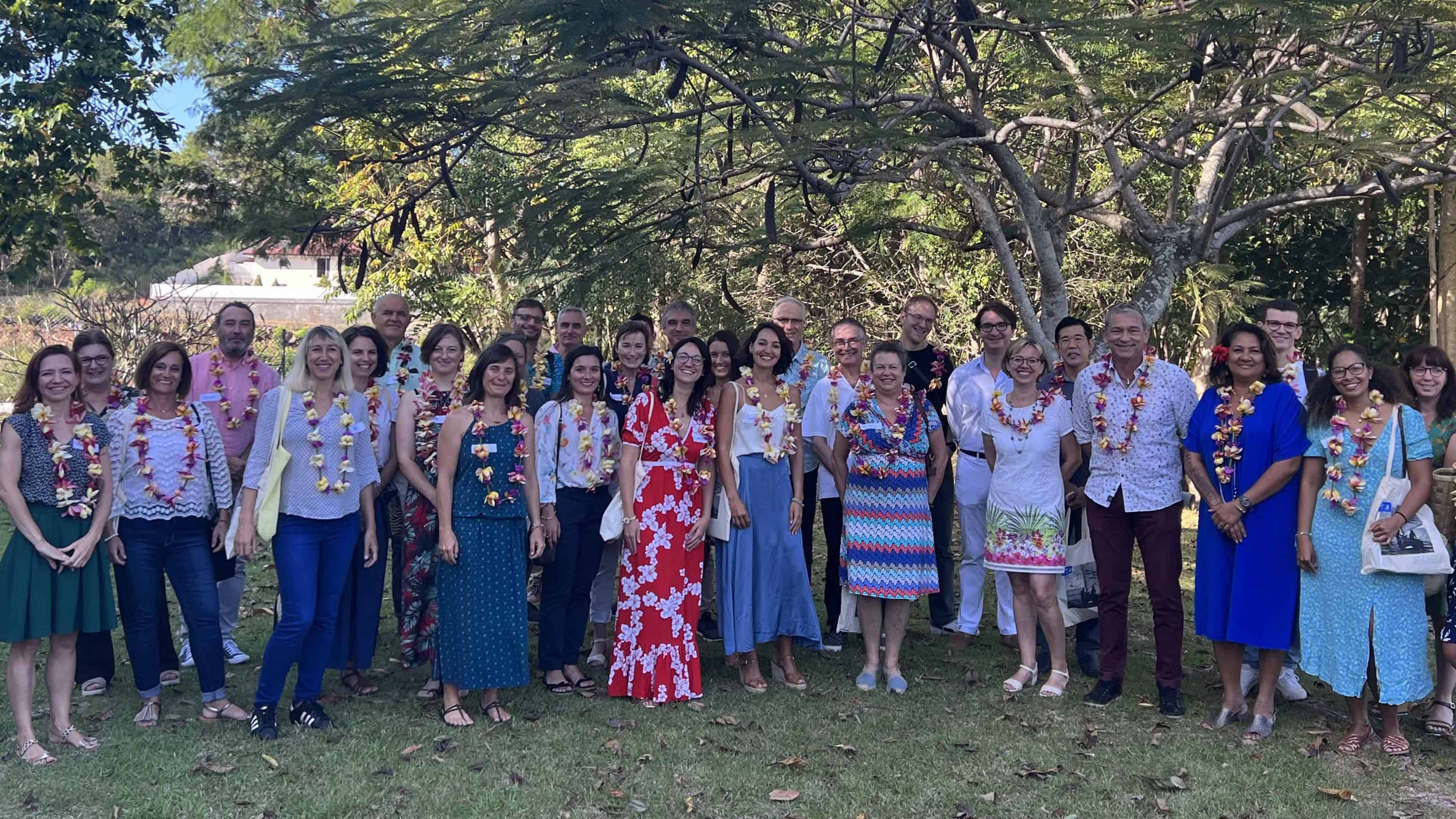Going abroad as part of your academic journey is more than just a change of scenery – it is a true investment in your future. Whether you are a student, a doctoral candidate, a professor, or a researcher, international mobility offers an unparalleled opportunity to broaden your perspectives, strengthen your skills, and engage with the global academic community.
For students, study abroad programs provide the chance to experience a new educational system, discover innovative teaching methods, and immerse yourself in a different culture. Beyond the classroom, students build friendships and networks that often last a lifetime, learning to adapt to new environments and developing independence along the way.
For doctoral candidates, international mobility often plays a key role in research training. A short or long-term stay abroad allows PhD students to access unique resources, consult specialized archives, or collaborate with international laboratories. Many theses also benefit from co-supervision, where mobility fosters joint research projects that enrich both academic work and personal growth.
For professors, teaching abroad means more than delivering lectures in a different classroom. It is a chance to share knowledge with diverse groups of students, exchange pedagogical practices with colleagues, and contribute to the internationalization of curricula. Professors often return home with fresh ideas, new approaches to teaching, and a broadened sense of cultural sensitivity.
For researchers, international mobility is essential for building strong and lasting collaborations. By joining international conferences, research centers, or joint projects, researchers strengthen their academic networks and bring visibility to their home institutions. These collaborations frequently lead to publications, innovative projects, and long-term partnerships that push the boundaries of knowledge.
Financial support is often available to make these opportunities accessible. Many universities and governments provide scholarships, travel grants, or mobility allowances to encourage participation. Programs such as Erasmus+, Fulbright, or institutional bilateral agreements are designed to reduce financial barriers and allow talent to flourish across borders.
Beyond academics, mobility is an enriching human experience. Living abroad requires resilience, open-mindedness, and adaptability. It allows participants to develop intercultural skills, improve their foreign language proficiency, and gain confidence in navigating new situations. These skills are not only valuable for academic and professional life but also deeply rewarding on a personal level.
Ultimately, mobility is about discovery – discovering new ways of learning, new methods of research, new professional environments, and, perhaps most importantly, discovering yourself. Every experience abroad adds a layer to your personal and academic identity, making you more versatile, more connected, and more prepared for the challenges of tomorrow.
No matter your academic role, going abroad is an opportunity to grow, share, and contribute to a world of knowledge without borders.
YOU ARE :




